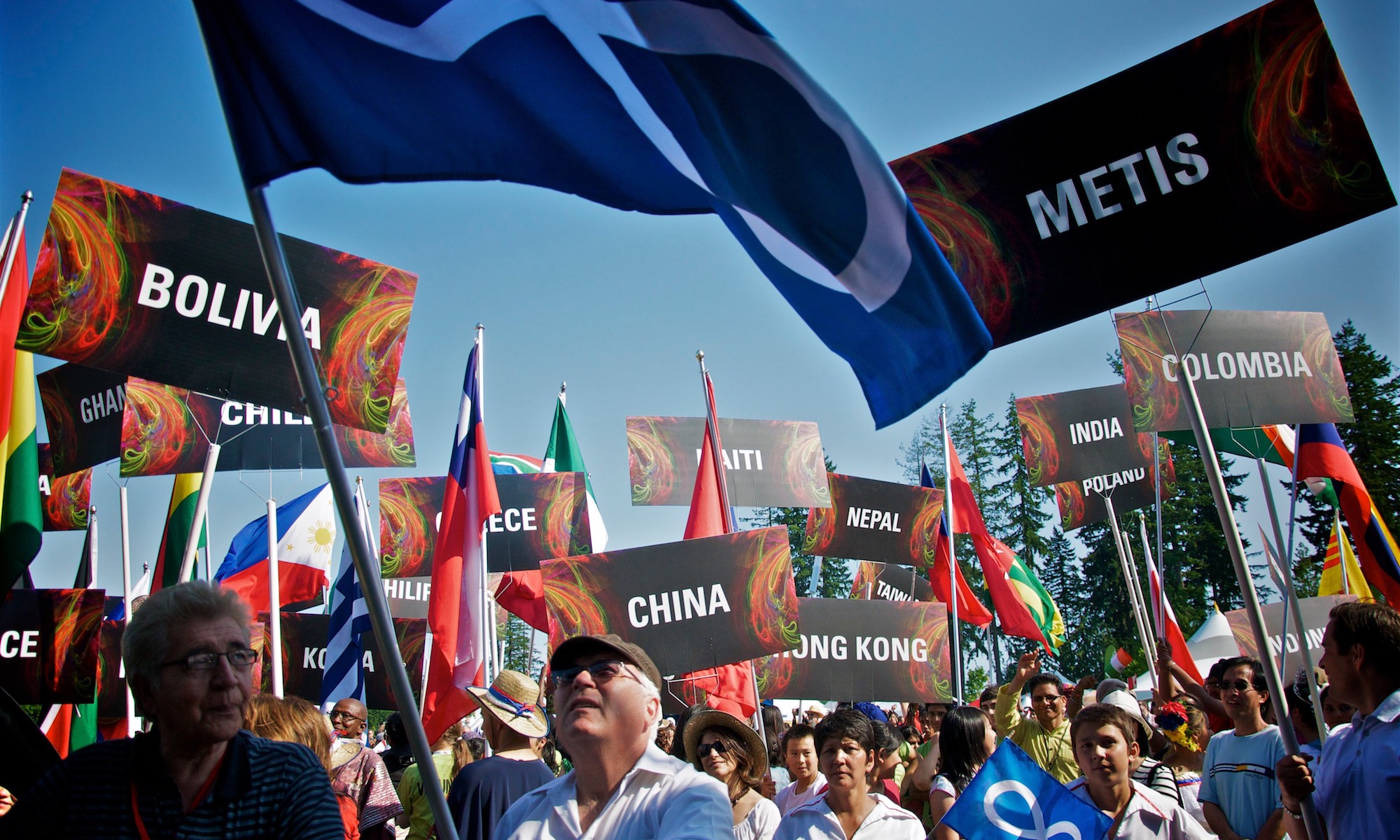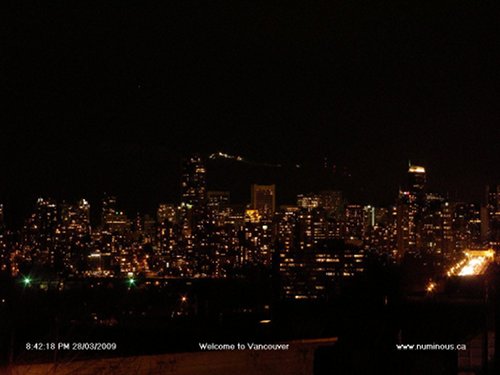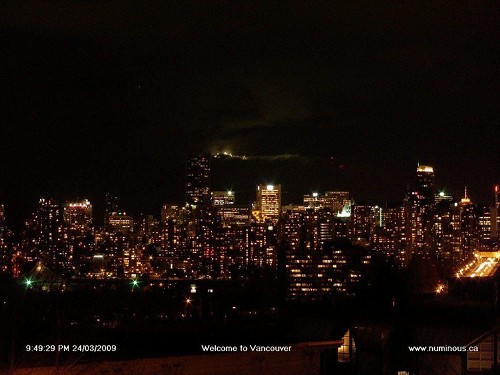I was contacted a couple of weeks ago by a representative of the David Suzuki Foundation about using a photo that I had taken in one of their promotional videos. As it turns out, Devon from the DSF was actually a former intern at the radio stations where I currently work, so it was nice to make a connection with someone who has progressed in their career and on to a great opportunity to work for an organization that I have a lot of respect for.
The photo itself was from the 2008 Canucks Superskills competition at GM Place. I shot it with my Canon S5 IS, and it’s one of my more favorite shots of Willie as he was just skating around in circles during a brief moment of downtime. Anyone who goes to see enough Canucks games knows that he’s a constant mover on the ice when nothing else seems to be going on.
The video was put together to spotlight an ongoing effort on the B.C. coast by the Coastal Alliance for Aquaculture Reform (CAAR) to help preserve the fresh salmon from the effects of sea lice that comes from the salmon farms in the same areas.
You can see more Cause An Effect videos on the DSF website. Many thanks for to their organization for asking me to use the photo in their video.




 To follow-up on the previous
To follow-up on the previous